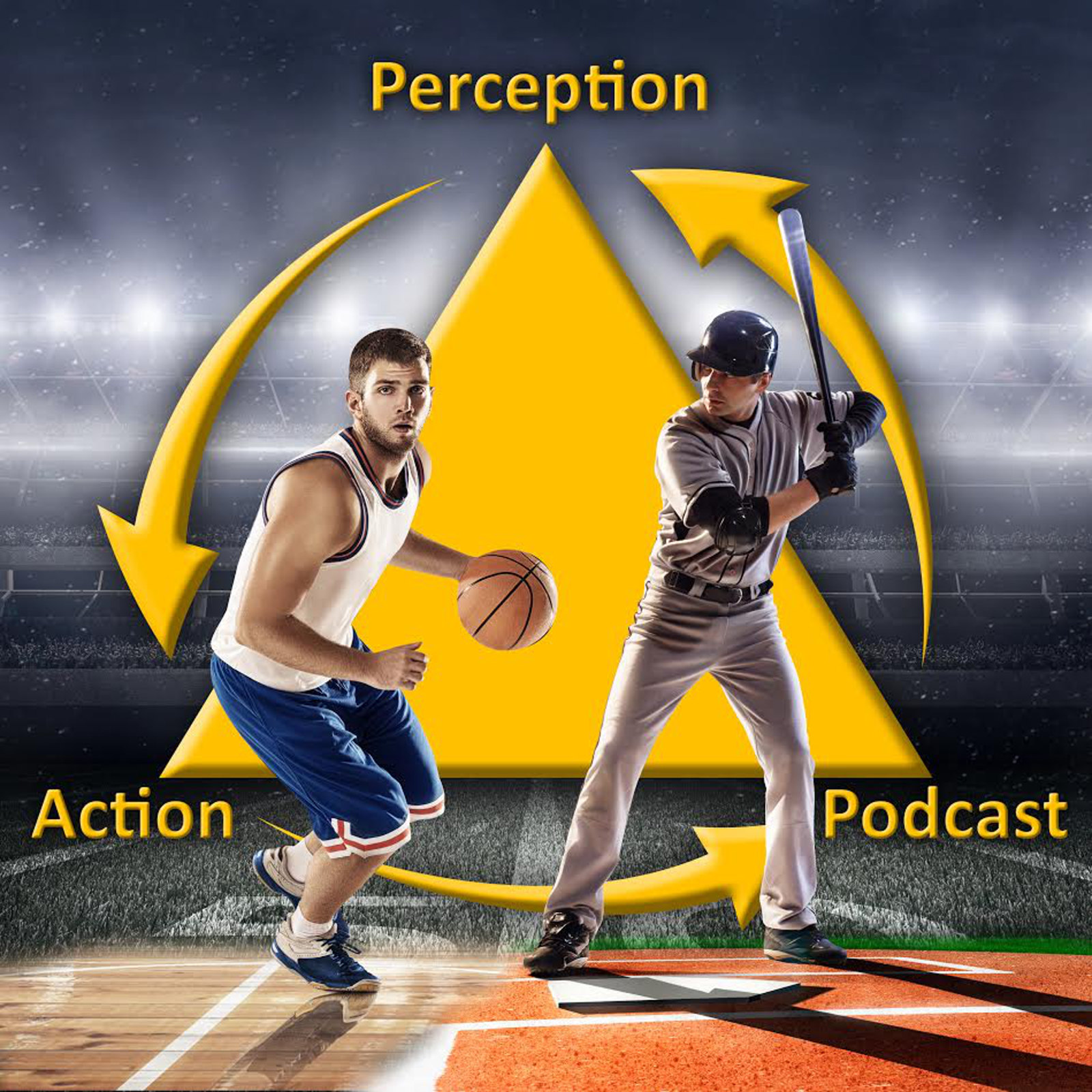13
Recovering from an injury can be one of the most difficult challenges an athlete can face. In this episode I discuss two topics related to this issue. First, I look at the growing epidemic that is sport related concussions and consider issues related to detection, assessment, multiple concussion syndrome, and when an athlete can return to play. Second, I discuss the role of attention in recovery from knee and elbow injuries and how we might get an athlete to stop being overly focused on their injury.
Technically Challenged: A few podcast recommendations
Download link
Key Points
- Sport related concussions are approaching the level of being an epidemic. In 2012, there were 3.8 million sports related concussions in the United States, an increase of nearly 2 million concussions from 10 years ago
- The main damage caused during a concussion is not the direct below to the head it is the fact that the impact of the forces can be so strong that it can cause the brain to move rapidly inside the skull
- There is little evidence to support current sports helmets reduce concussion risk
- Following injury, concussed persons will most often experience typical symptoms of headache,imbalance and dizziness, subjective cognitive slowing (often described as a mental “fog”), sensitivity to bring lights, fatigue, and concentration difficulties
- Two of the biggest problems associated with concussions are diagnosing them and deciding when it is safe for an athlete to go back on the field
- Some athletes have admitted to deliberating “sandbagging” pre-seasons cognitive tests so that they won’t be taken out of the game if they do get a concussion
- One of the most serious problems with concussions is that they are multiplicative…that is once you get one the chance of getting another keeps going up and up
- Returning from injury can often involve a long period of psychological recovery even after the athlete is physically ready to play again
- A possible reason for this may be that fear of injury can often lead an athlete to be overly focused on their body during skill execution i.e., internal focus of attention
- Some of my recent research is consistent with idea
Articles:
- Sport-related concussions: a review of epidemiology, challenges in diagnosis, and potential risk factors
- Neuropsychological testing for sports-related concussion: how athletes can sandbag their baseline testing without detection
- Perceptual relearning of complex visual motion after V1 damage in humans
- The effects of attentional focus on jump performance and knee joint kinematics in patients after ACL reconstruction
Other podcasts links:
Radio Lab
Invisibilia
English Institute of Sport
Eliteftssportsperformance
List of Psychology related podcast episodes
More information:
My Research Gate Page (pdfs of my articles)
My ASU Web page
Podcast Facebook page (videos, pics, etc)
Twitter: @Shakeywaits
Email: robgray@asu.edu
Credits:
The Flamin’ Groovies – Shake Some Action
Reigning Sound – Love Won’t Leave You With a Song
Jahzzar – Out of School
Archers – Radical Opinion
Brian Fallon – American Slang
Beans & Bullets – Love Machine
via freemusicarchive.org and jamendo.com
